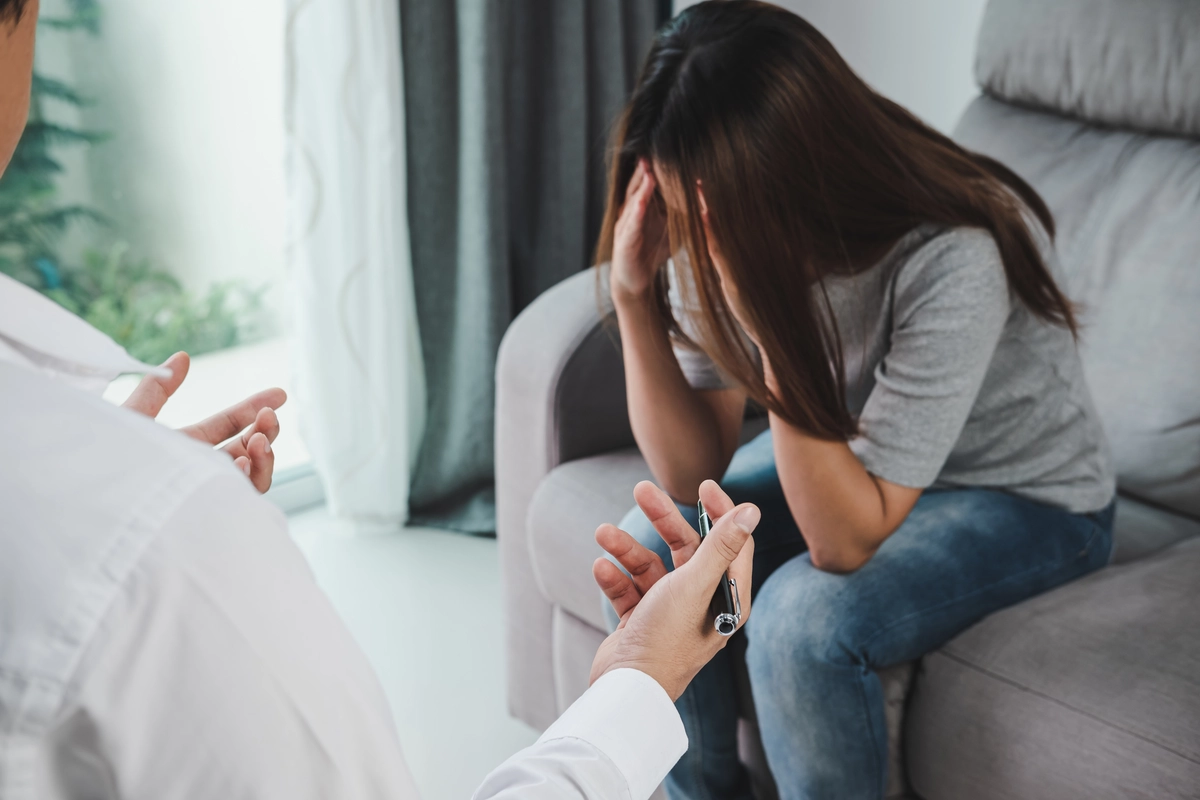24/7 Helpline:
(866) 899-221924/7 Helpline:
(866) 899-2219
Learn more about Bipolar Disorder Treatment centers in Page County

Other Insurance Options

CareFirst

Ceridian

Multiplan

Horizon Healthcare Service

Lucent

Optima

MHNNet Behavioral Health

Excellus

Carleon

BlueCross

Absolute Total Care

WellPoint

Providence

Highmark

Meritain

Medical Mutual of Ohio

MVP Healthcare

Optum

PHCS Network

Private insurance

Zion Recovery
Located in Clarinda, Iowa, Zion Recovery offers alcohol and drug rehab services. They provide reside...

Waubonsie Mental Health Center
Waubonsie Mental Health Center is a private rehab located in Clarinda, Iowa. Waubonsie Mental Health...






























































Waubonsie Mental Health Center
Waubonsie Mental Health Center is a private rehab located in Shenandoah, Iowa. Waubonsie Mental Heal...





























































